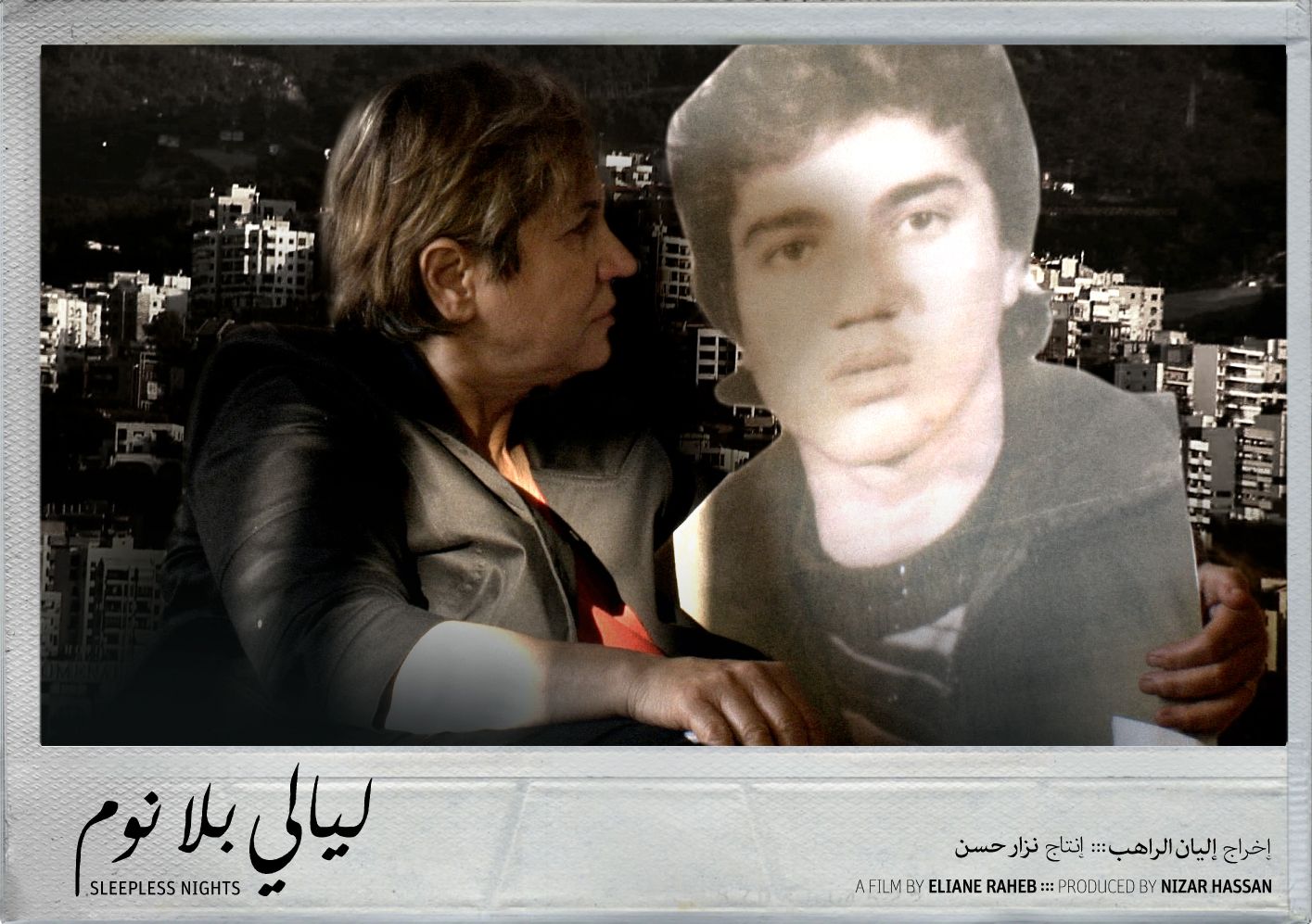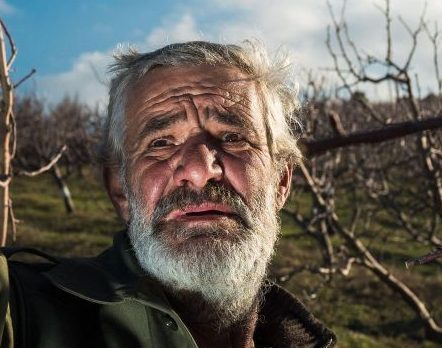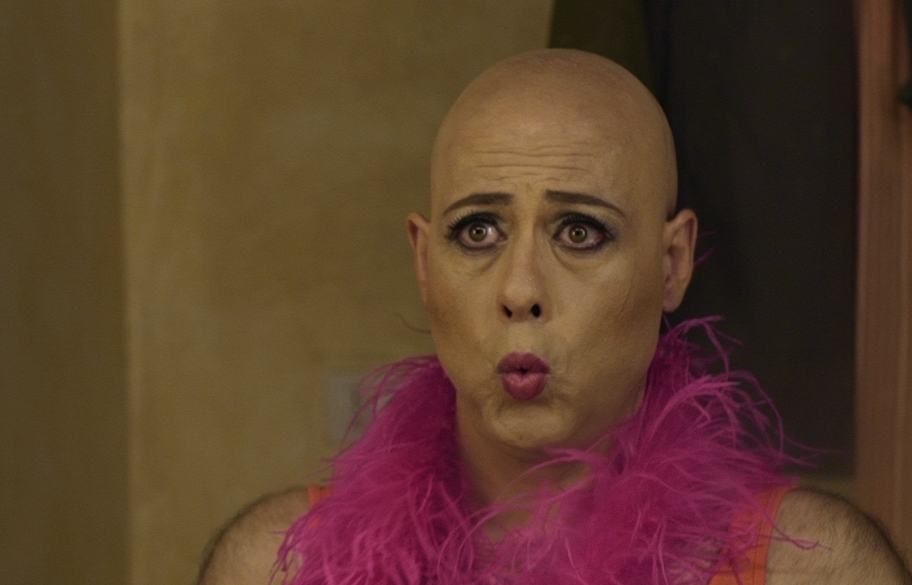Lebanon, , 2015
Eliane
Raheb

Lebanese-born documentary filmmaker Eliane Raheb (b. 1972) makes emotionally-charged political movies exploring universal moral themes within the backdrop of the Lebanese Civil War. Trained as a film scholar, Raheb employs an approach that lies at the intersection between political art and documentary film and also evinces traces of investigative journalism.
Her debut full-length film Sleepless Nights (2012) achieved international acclaim: according to Variety, “It’s hard to find a Lebanese film that doesn’t focus on the bloody civil war. And yet it is even harder to find a film that treats this topic better than Sleepless Nights.” Sight and Sound, another important trade publication, included the film in its list of the 25 best international films of 2013. In the movie, Raheb stages a confrontation between the former secret service officer Asaad Shaftari and the mother of a Communist who has been missing for fifteen years. Although the events of the Lebanese Civil War took place 30 years ago, the film was moving for the film’s protagonists as well as for audience members throughout the nation. Scenes from the film were even presented as evidence for two mass graves at a trial. Sleepless Nights eschews easy answers and instead examines notions of guilt and forgiveness in their many facets. To name one scene, the director places her real protagonists in a fictional acting workshop to see how they interact. On other occasions, she disrupts the cinematic reality by showing an unplanned confrontation that happened during the shoot, or when she uses a second camera to pan out on the entire scene, thereby highlighting the artifice of filming. The film garnered critical praise and won international prizes, such as the human rights prize at the Cine Invisible in Bilbao, a competition for documentary film at the Birds Eye View Festival in London, and the full-length film competition at the LAIFF Festival in Argentina.
She made her directorial debut with the 1995 short film The last screening (1995), which depicts the special bond between a young girl and the movie theater that once belonged to her grandfather. Since then, she has made several shorter documentary films: in So near yet so far (2002), the filmmaker visits children living in Lebanon, Jordan, and Egypt who dream of traveling to neighboring countries – but Intifada made their dreams obsolete. Suicide (2003) reflects on how affects of the American invasion of Iraq can be felt in Lebanon. While a few intellectuals try to come to terms with the pointlessness of the situation, others become victims of Iraqi propaganda, which leads them to fight for the regime. The film came in second place at the Mumbai Film Festival.
In 2008 she made the hour-long documentary film This is Lebanon, when violence flared up again in Lebanon. As a member of the Christian minority, the film portrays people who fight the establishment and the patriarchal family structure common in the country. According to the filmmaker, both of these tendencies contribute to the religious and political secretarianism. This is Lebanon (2008) was given a special distinction at the Yamagata Film Festival in Japan and was broadcast by ARTE, ZDF, and Al Jadeed.
Raheb, who teaches at the St. Joseph University in Beirut, founded the transnational multimedia documentary film project called Free Arabs (2011-2012) together with her producer Nizar Hassan. As part of the project she has produced 160 short films by young filmmakers from seven countries that were part of Arab Spring. She also served as Artistic Director for the film festival Ayam Beirut Al Cinema´ya for six years.
Text: Maike Wetzel
Translation: Amy Pradell
Camera/editing: Uli Aumüller, Sebastian Rausch
2012 Sleepless Nights (Documentary, video, 128’)
2008 This is Lebanon (Documentary, video, 58’)
2003 Suicide (Documentary, video, 26’)
2002 So near yet so far (Documentary, video, 58‘)



